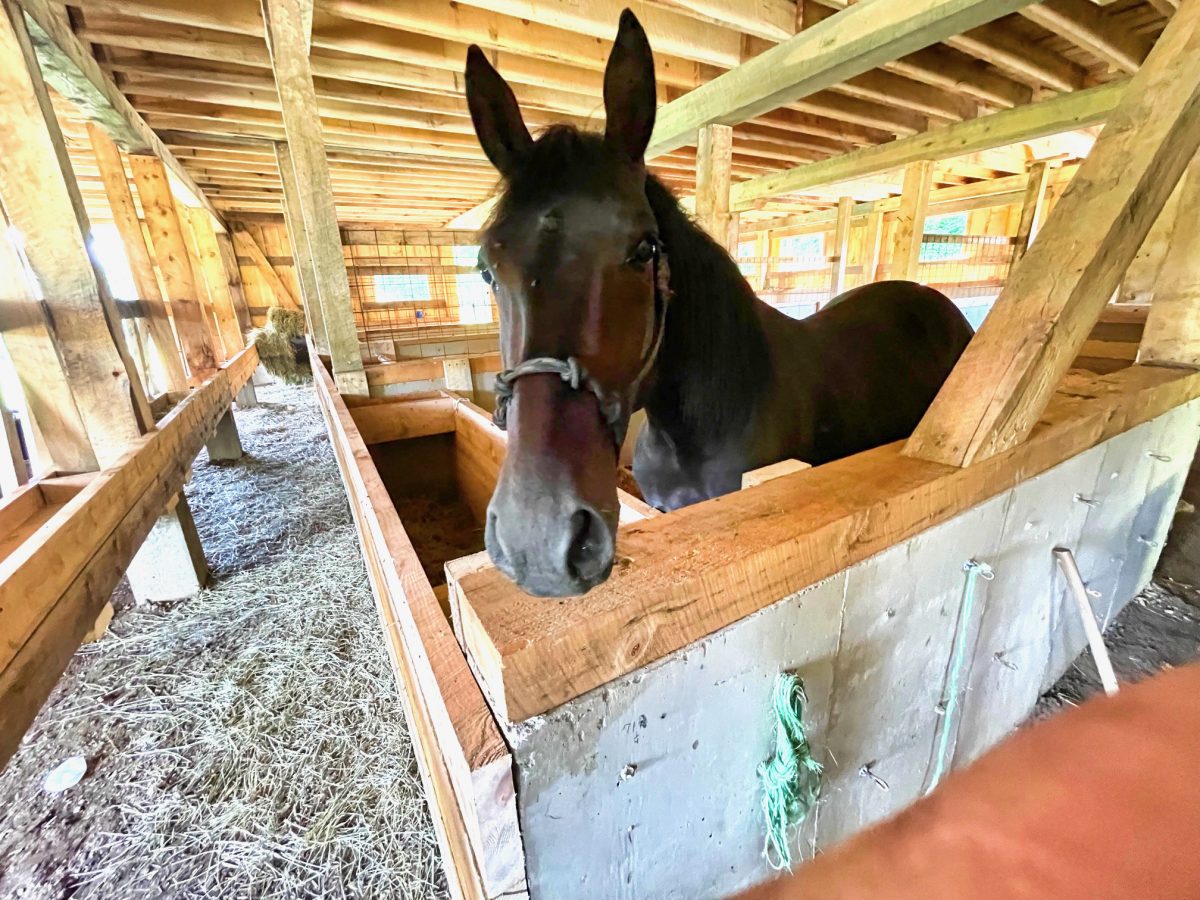Letter from Leis, a family farmer:
“Thank you for a beautiful essay about farming and farmers. You mentioned some of my favorite writers, Wendell Berry and James Rebanks. And you understand that big ag is not a friend, to the farmer or the consumer.
And I appreciate the work you did documenting the demise of family farms. American has some bad karma generated by its lack of care for family farms.
If you are so inclined, google “NY Times opinion James Rebanks” and read the essay he wrote when he was in the US visiting Wendell Berry and promoting an earlier book (also stellar) during the presidential election won by Trump. I used this op-ed when I taught agricultural policy at our local college.
In 2000, when I turned 40, I married a man I met in the third grade and moved back to my hometown after being gone for 2 decades. We are dairy farmers, and I spend every day feeding and caring for our newborn and young stock. They all have names. And they all matter. I am also a lawyer, but you have to be more appealing than a Holstein’s calf before I will take your case. Few things in life are.
Bedlam Farm is an awesome blog, and I just wanted to let you know that your work is much appreciated, at least by this farmer.
Regards,
Leis“


I echo your comments Leis, Jon’s gift for seeing, for writing, is something I am grateful for and his last posting on the condition of the family farmer and farms to me, reflects what is happening in the world today. I believe there could be a book hidden in this concept, the family farmer being the background to today’s fractured and self-absorbed world. Wendell Barry resides in Jon’s head.
Sandy Proudfoot
Thanks Sandy, no more books for me…I do appreciate the thought…
Ha! Never say never! Wasn’t that a recent blog post…I agree…I miss your books.
But the blog is a very enjoyable part of my day.
The blog is my book! No need to miss them..
Jon I read your blog this morning over breakfast on the family farm; it was excellent. We are a small family farm that hung on by the skin of our teeth as the big corporate farmers took over the land, hogs, and cattle market. My husband use to raise hogs and they were not confined in a building. They were allowed outside to root and dig and be pigs. We had cows we milked and also raised calves; we both miss that so much. We only farm about 60 acres now and mainly have poultry on our farm. In the spring we plant big gardens and live off that till the first frost and what I can preserve. It is grief that we felt when our way of life was taken away. There are several large hog operations and rich men who have taken over the land; but I would rather eat a hog that my husband raised than what we are offered now. Just my two cents and thank you again Jon for a well written essay.
A great two cents, Martha, thank you so much and good luck, my heart is with you…
I have long wondered why farmers aren’t more willing to have immigrants working and living on their land. Seems like we could solve two problems at once. Many immigrants I have worked with have plenty of knowledge of how to grow stuff
The farmers have had and do have immigrants working on their farms, and have done so for many years. They just can no longer afford to hire them..
Jon…
RE: “The blog is my book…”
I think of your blog entries as a book we can read as it’s being written: there’s always more to come. But whatever we call them, I enjoy books and blogs.
I self-published one book, and found the experience draining and far too long. I’m thankful for doing it once, but I wouldn’t do it again. However, the subject itself might have been too broad.
Traditional printed books are linear presentations. With books, you can’t jump around through a link. But the linearity also provides a continuity. And, because books are physical, they are transportable – a handy feature.
Blogs are inherently digital instruments. So, you need a digital device to create or read one. The ability to compartmentalize blog entries makes it easy to subdivide or curtail material without agonizing over a stopping point. And being digital, blogs are adaptable for multimedia production.
Some offerings fall between a blog and printed material. I treat your interesting and more lengthy entries like online magazine articles, by printing them out for reading and reflection at more convenient times.
In the end, the selected method of communication can affect how the content is perceived. To an extent, “the medium is the message.”
Thanks, Jon, for the references to the Rebanks and Wendell Berry books and your insightful essays on the demise of the family farms. My dad always had a yen to be a farmer. He moved to the country, away from the Pittsburgh steel industry, and at a late age tried his best to make a go of it in a small hobby kinda way. I was at the library yesterday checking out some books on this fascinating subject. Your last essay was so interesting . Thank you.